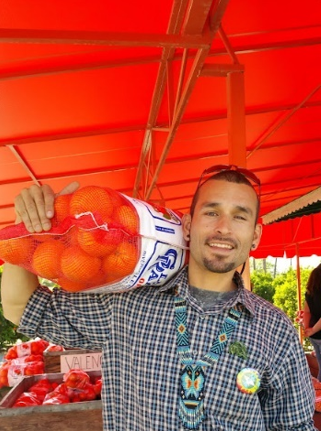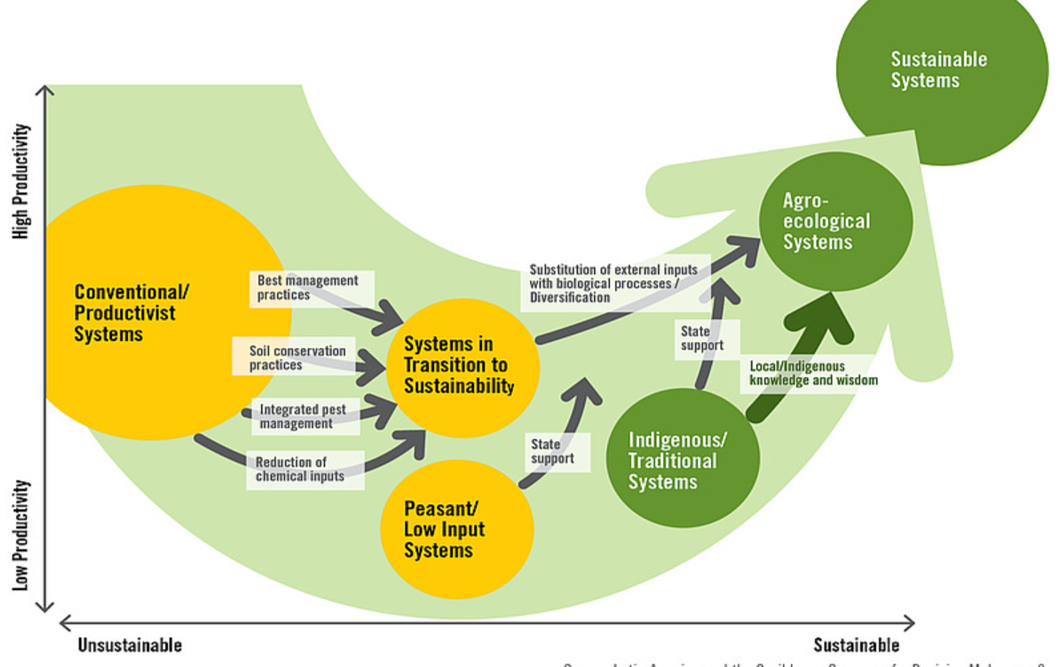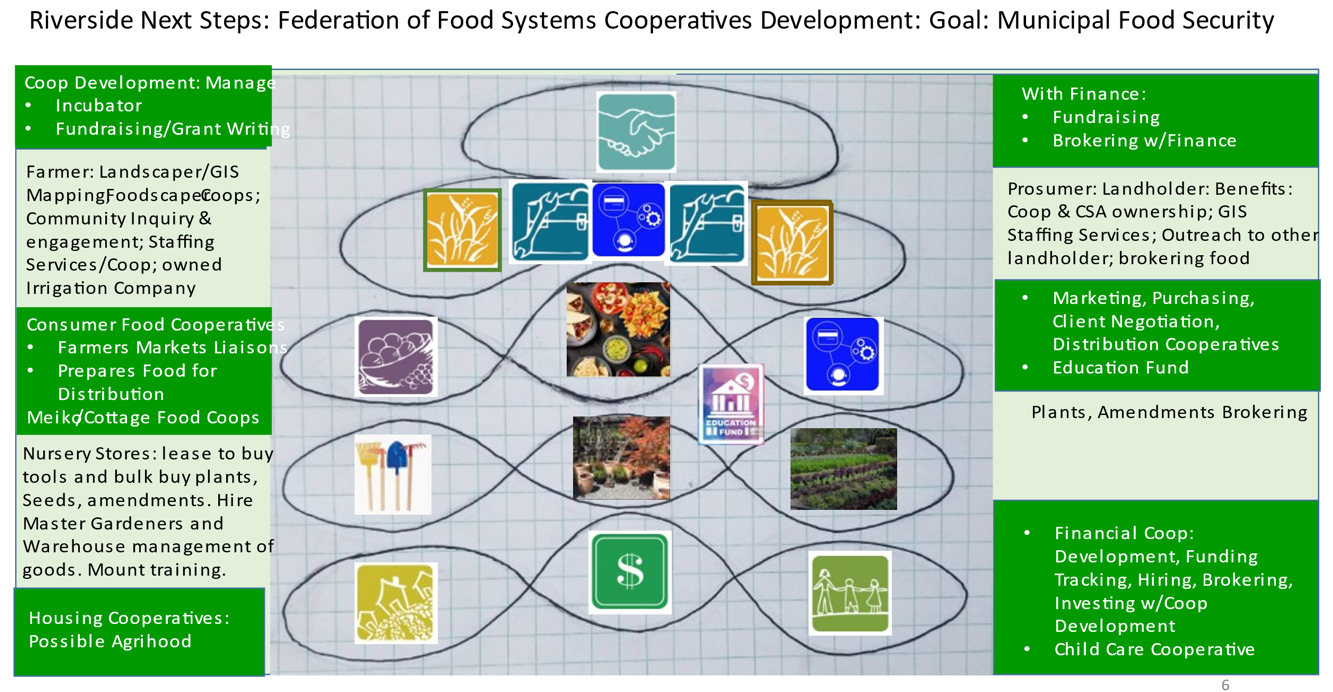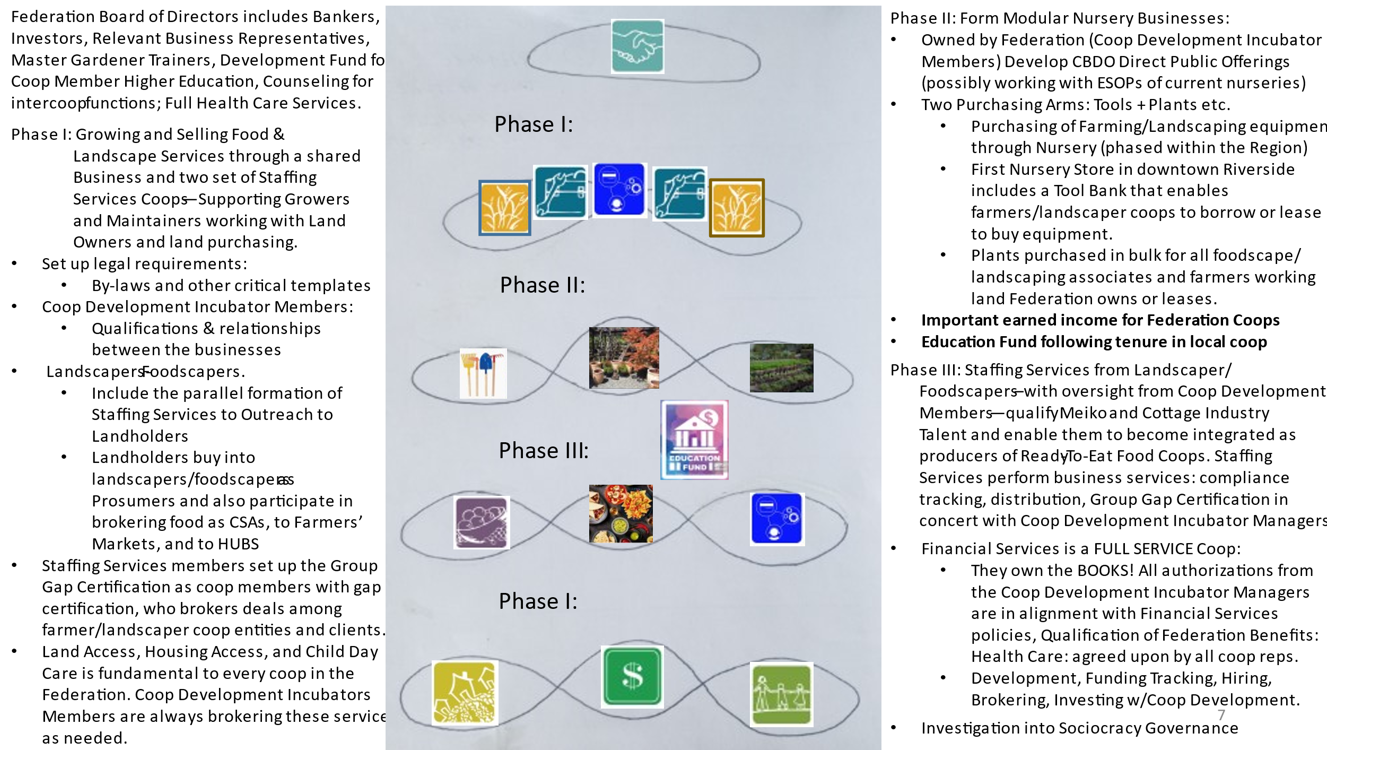Tressa, wiped her brushes clean. That was the last orange crate design commission in her queue. She looked at the wall and saw the arc of her work—all the crate art (she grinned!):

That year, 1910, she bought her house and paid for her mother’s surgery. All her neighbors and community members had sold their oranges and the community was fulfilling on the opportunity that their founder had proposed to her parents. Tressa reflected that the Riverside Inn macaw was a local draw. She shook her head…. The elephant! The owner of the “Elephant brand” navel oranges wanted his brand to stand out, she remembered. Well, it does!
In 1870, John North and a group of Easterners who wished to establish a colony dedicated to furthering education and culture, founded Riverside, California. Riverside made its mark on the national map as it was the highest income earner per capita community in the United States in 1910 through the vast number of crates of navel oranges sold. The Parent Washington Navel Orange Tree is a tree grown by Eliza Tibbets in Riverside, California in 1873. Growing these oranges continue to shape the culture of the Riverside community.
The University of California Riverside Citrus Experiment Station was founded in the 1860s and to this day navel oranges are sold every day—this client is walking away with his!

The Gless Farm now produces AWESOME orange juice. World Be Well founder, Gurumantra Khalsa, declared that drinking Gless Farm fresh-pressed orange juice is a new FAVORITE experience. But Riverside fell away from its founder’s visions, land use, and agricultural goals. World Be Well (WBW), founded by Gurumantra Khalsa, is a newly formed 501 C 3 and C 5, that evokes the founder’s vision of education and culture, with a move back to agriculture. Through WBW’s C-5 designation, the NGO can undertake scientific inquiry, research effective carbon capture to build soil organic matter, water, and land policies. Through WBW’s C-3 designation, the NGO can educate folks about agroecology, and outreach to community members. WBW’s mission is to educate diverse community members through on-line webinars and in person groups to inspire them to become farm cooperative enterprise owners.
WBW’s first On-line Webinar—in English—presented agroecology; farmer training opportunities; land use; how cooperatives work; and access to business farm loans. Community members, who step up to enable themselves and their fellow community members take on the opportunity to provide nutrient dense food to their communities, while growing an economically equitable life path forward for themselves and their families. By participating in WBW’s Cooperative Training Program diverse community members can change their joblessness status to become farm cooperative enterprise owners.
Like many challenged communities, much of the farmland in Riverside today is covered over with Amazon warehouses and the like, so land is tight. Five years into this Proof-of-Concept undertaking, some breakthroughs are beginning to pop!
How did WBW and Theo Ferguson, CEO of Healing Living Systems, sign off on a collaboration that confirms that conveners and developers of the Riverside Food Systems Alliance—Board President Gurumantra Khalsa and Executive Director Seth Wilson—could ally with HLS to catalyze municipal food security in the city of Riverside, California, as a Proof-of-Concept Inquiry. Steps we have taken in over five years of the HLS-Riverside Food Security partnership:
Step 1: HLS sponsored the development of a curriculum for training local Farmer Trainers: 19 graduates. Seth Wilson and Fortino Morales enrolled local Farmer Trainers.
Step 2: One of the graduate local Farmer Trainers, Maria Alonso from Huerte del Valle trained two dozen local farmers— “growing leaders as well as food”.
Step 3: Gurumantra Khalsa submitted an application to the State of California to found an NGO in Riverside, California, a community of few community advocate organizations.
Step 4: World Be Well (WBW), the community advocate organization Gurumantra Khalsa founded is both a 501 (c ) 5 and 501 (c ) 3 NGO. WBW has the capacity to initiate or collaborate in scientific inquiry regarding effective agroecology practices and policy development as well as education and outreach to the area’s diverse community members and possibly more than 800,000 immigrants, many of whom are farmers from Guatemala, Honduras, Mexico, and other Central and South American countries.

Presenters included:
-
Paul Rogé, PhD, co-designer of the agroecological “Training the Trainers” curriculum, who convened the World Be Well event by inviting Riverside, a community with an agricultural heritage, to embrace agroecology.
-
Gurumantra Khalsa, founder of World Be Well, invited amazing local and immigrant farmers and local folks interested in farming to become farm cooperative enterprise owners. Two participants had some land and wanted to know is they could participate in landscaping/food scaping on their properties. Discussions include shares in profits, participation in the cooperatives.
- Matt Feinstein, Director of the Cooperative Clinic, a program of the US Federation of Worker Coops, introduced cooperative ownership in depth, including how people can increase their earned income and always have each others’ backs.
-
Gary Peterson, Loan Director of California Farm Link, made it clear that anyone with a 2-year positive farming track record can get a loan with CA Farm Link. Gary affirmed that he works with cooperatives all the time.
HLS shared these three .mp4 recordings with the panelists of the Ecological Farming Association’s (EcoFarm) Spanish-speaking Farmers Panel in January 2021. Subsequently HLS, and WBW, received a copy of the presentations from the Spanish-speaking Farmers Panel as an .mp4. Thus, WBW and allies now have a full set of presentations necessary to support inviting Spanish-speaking farmers to become cooperative farm owners as WBW mounts their community member invitational presentations.
Step 5: WBW continues to seek land for farming. WBW is experimenting with landscaping/foodscaping in areas of Riverside where there are sometimes 1/2+ acre plots of land between McMansions built many decades ago. A major incentive to community members with some unused land in addition to growing good food for their community is that any farming enterprise of 1/2+ acres qualifies for Riverside’s farmers’ amazing water rate of $1.19/100 cu ft of water. Landowners can become prosumers (producers allying with cooperative farmers), should they so choose.
Step 6: HLS Facilitated a strategic discussion to forward WBW’s ongoing communications with Rivers and Tides, a land conservancy, to create land trusts for farmers.
Step 7: HLS connected with members of a California Latino Farmer Coalition (in formation) and invited them to consider locating their headquarters in Riverside.
Step 8: HLS supports converting IRS laws so community infrastructure can include food infrastructure that produce food products for their communities.
Step 9: WBW (Gurumantra and Seth) and HLS (Theo) met with Sarah Kaplan, JD, attorney with Cutting Edge Counsel, who is excited about our plans and is ready to support the formation of a Federation of Coops.
Step 10: RUSD (Riverside Unified School District) has received a grant from the USDA to purchase local food. WBW is hustling to train coop farmers to grow the food so we can sell that food to the RUSD for our kids to local GREAT local nutrient dense food.
Step 11: WBW is invited to create an On-Line Farmers’ Market for local folks to order their locally grown food. The City of Riverside is offering WBW a local Park as a pickup and impulse buy location.
Step 12: World Be Well NGO in Riverside: Action Items and Queries:
- Fundamental issues to address:
- WBW will serve as the Coop Training Center and so we can evolve the Federation of Coops to which we aspire.
- WBW needs to reach Plateau 1: Growing local, organic food for the Riverside Unified School District (RUSD) to incorporate into its 4 meals/day meals program. RUSD delivers meals to every school in Riverside, from Kindergarten through Grade 12. RUSD recently received a grant from the USDA in the amount of $300,000 to buy locally grown food as soon as locally grown food becomes available.
- WBW will reframe alliances and serve as convener to integrate multiple outcomes to elevate cooperative enterprise ownership. Goals include: 1) to grow farmers who grow nutrient-dense food; 2) to draw down atmospheric carbon and increase soil organic matter towards achieving climate stability; and 3) to grow organic food production and distribution systems as pathways to equity among diverse community members.
- WBW would serve as the convener for the Federation of Cooperatives:
- HLS’s Toki Nagata will lead the governance component, using “sociocracy” for cooperative management within the Federation of Coops in alliance with Sheela Mierson or another associate selected by these two leads.
- HLS and WBW will work with the California Center for Cooperative Development in Sacramento to grow a spectrum of cooperative enterprises within the Riverside area—community cooperative enterprises that draw down carbon locally. Over time, municipalities can form networks with neighboring communities toward stabilizing the climate.
- The US Federation of Worker Cooperatives Conference 2020 identified the need for new economy coops to address the longstanding wealth gap. The Leveraging Impact Capital Program of Democracy at the Workplace (DAWI), a think tank arm of the USFWC, presented new opportunities for cooperative activities.
- In Riverside WBW and HLS are totally focused on coops. World Be Well is cultivating itself as a Farm Coop Incubator in the Inland Empire of Southern California—Riverside and San Bernadino Counties.
- World Be Well will continue to roll out their Zoom invitations as they grow their capacity and alliances among their extensive existing relationships, i.e., with the newly formed Latino Department and the build-out of conference rooms on the UC-Riverside campus.
- WBW is seeking cooperative incubator models—of the right scale—from whom to learn ways to connect with diverse community members, including immigrants, who have need jobs and access to nutrient-dense food. We are committed to grow vital farm cooperatives in Riverside to elevate social and climate justice and enable diverse community members to become farm cooperative enterprise owners that enable them to experience dignity and evolve into acknowledged community leaders.
Backend Considerations:
- From UCR Report “State of Immigrants in the Inland Empire”: One in five residents in the Inland Empire is an immigrant (800,000 as of 10/19/2021). Migration has been a central feature of the region for centuries, and there are now nearly 1 million immigrants living in Riverside and San Bernardino counties. As in decades past, the region’s economic strength and cultural vitality depend on the contributions of immigrants and native born people alike.
- Another component of the UCR report sets forth the history, resources, and partnerships that support the pressing issues and needs of immigrants in the region. It calls forth key policy issues that have affected—and continue to affect—local immigrant communities. As the region continues to grow, it is important to examine key issues pertaining to its immigrant communities, including poverty, education, employment, and social service needs.
Here’s how it all fits together:

Here is how it will roll out:
